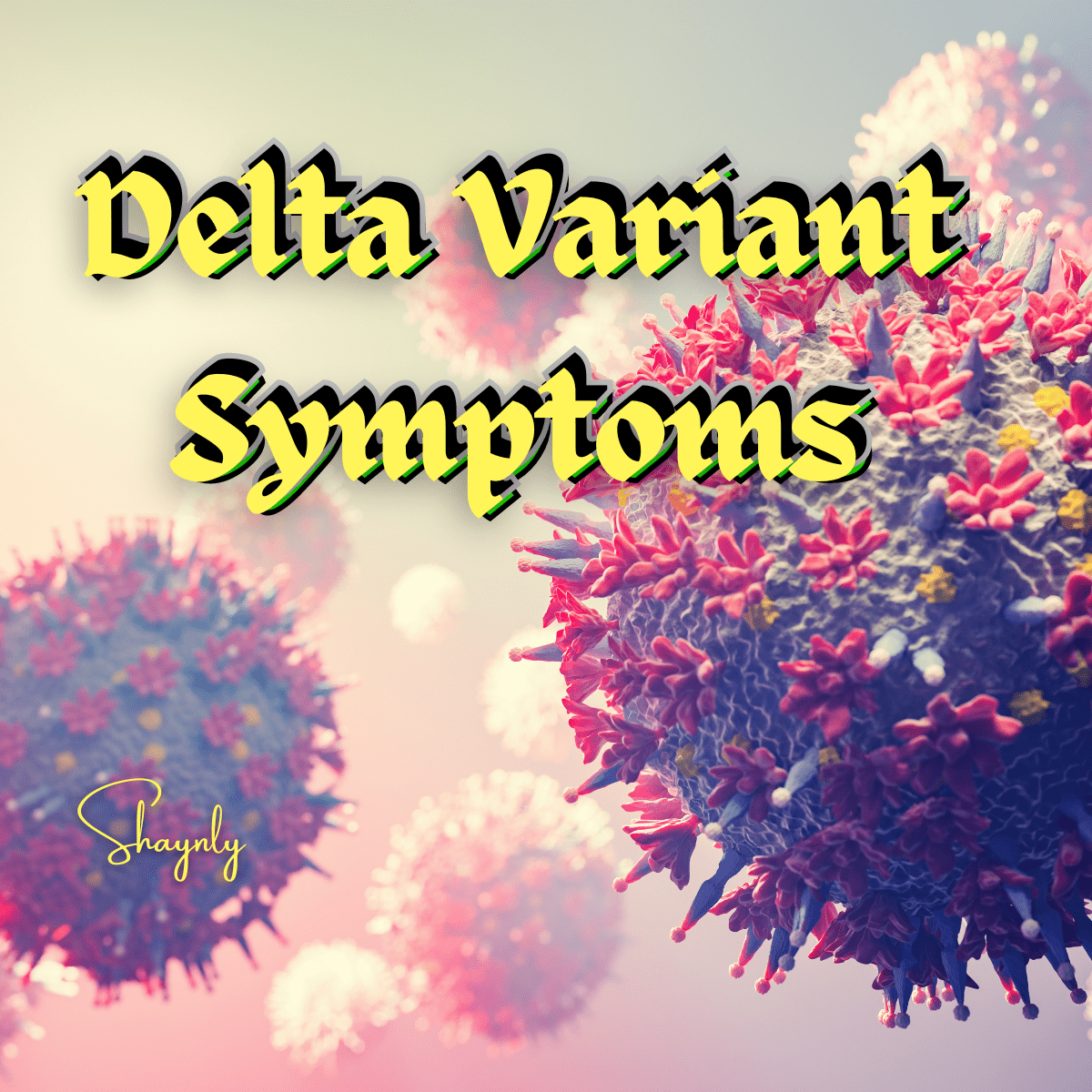The COVID-19 pandemic has been marked by the emergence of several variants of the virus, with the Delta variant being a significant concern. Understanding the symptoms of Delta variant is crucial for timely diagnosis and appropriate medical care.
Table of Contents
I. Introduction
The Delta variant, also known as B.1.617.2, is a highly transmissible strain of the SARS-CoV-2 virus. It has been observed in various parts of the world and has raised concerns due to its rapid spread. To effectively combat it, it's essential to recognize its symptoms.
II. Early Symptoms
Fever and High Body Temperature
One of the primary symptoms of Delta variant is an elevated body temperature or fever. If you experience persistent fever, it's important to get tested for COVID-19.
Persistent Cough
A persistent cough is another common early symptom. If you find yourself coughing frequently, especially if it doesn't improve with time, it's a cause for concern.
Loss of Taste and Smell
Loss of taste and smell, known as anosmia, can also occur with the Delta variant. This is a distinctive symptom that sets it apart from other illnesses.
III. Respiratory Symptoms
Shortness of Breath
Shortness of breath is a serious symptom that requires immediate medical attention. If you experience difficulty breathing, seek medical help promptly.
Sore Throat
A sore throat can accompany the respiratory symptoms of Delta variant. It can be uncomfortable and persistent.
Chest Pain
Some individuals with the Delta variant have reported chest pain, which can be concerning and should be evaluated by a healthcare professional.
IV. Gastrointestinal Symptoms
Nausea and Vomiting
Gastrointestinal symptoms, such as nausea and vomiting, have been observed in some cases of Delta variant infection. These symptoms may overlap with other illnesses, so testing is crucial to confirm if COVID-19 is the cause. Persistent nausea and vomiting should not be dismissed.
Diarrhea
Diarrhea is another gastrointestinal symptom that can occur with the Delta variant. Like other symptoms, it can persist and significantly affect one's well-being. If diarrhea continues for an extended period, it's important to consider COVID-19 as a potential cause.
Abdominal Pain
Abdominal pain, ranging from mild discomfort to severe pain, has been reported in individuals with Delta variant infection. It's essential to pay attention to abdominal pain, especially if it persists or worsens over time.
V. Neurological Symptoms
Headaches
Headaches are a common symptom associated with various illnesses, including the Delta variant. What's notable is that these headaches can be persistent and severe. They might not respond to typical over-the-counter pain relievers as effectively as regular tension headaches. If you find yourself experiencing ongoing and intense headaches, it's essential to consider the possibility of COVID-19.
Confusion
In some cases, individuals infected with the Delta variant have experienced confusion and cognitive issues. This neurological symptom can be particularly concerning, as it can affect one's ability to think clearly and make decisions. If you or someone you know exhibits signs of confusion along with other symptoms, seeking medical advice is crucial.
Dizziness
Dizziness is another neurological symptom that has been reported. It can manifest as a feeling of unsteadiness or lightheadedness. Like other symptoms, it's important to take dizziness seriously, especially if it occurs in conjunction with other concerning signs.
VI. Skin and Rash Symptoms
Skin Rashes
Unusual skin rashes have been observed in individuals with Delta variant infections. These rashes may appear differently from typical skin conditions and can be a sign of an underlying viral infection. If you notice any unusual skin changes or rashes, consult a healthcare provider for evaluation.
Unusual Skin Discoloration
Changes in skin color or unusual skin discoloration can also be linked to the Delta variant. These changes might present as patches of skin that look different from your usual complexion. Skin discoloration should not be dismissed, as it can be a manifestation of underlying health issues.
VII. Impact on Vaccinated Individuals
It's essential to acknowledge that the Delta variant can affect even those who have been fully vaccinated against COVID-19. While vaccination significantly reduces the risk of severe illness, breakthrough infections can occur. If you are vaccinated and develop symptoms that align with the Delta variant, it's crucial to get tested to prevent further transmission.
VIII. Differences from Previous Variants
Understanding how the Delta variant differs from previous variants, such as Alpha and Beta, is crucial for healthcare planning and public health measures. The Delta variant has shown increased transmissibility, which means it spreads more easily from person to person. This heightened contagiousness underscores the importance of vaccination and other preventive measures.
IX. Prevention and Precautions
Preventing Delta variant transmission involves a combination of measures, including vaccination, mask-wearing, and social distancing. Vaccination is a key tool in reducing the spread of the virus and preventing severe illness. Additionally, continuing to wear masks in crowded or indoor settings and practicing social distancing can further reduce the risk of transmission.
X. Conclusion
In conclusion, recognizing and understanding the symptoms of Delta variant is vital for early detection and appropriate medical care. If you experience any of the mentioned symptoms, especially when they persist or worsen, it's essential to get tested for COVID-19 and follow local health guidelines for isolation and care.
FAQs
- Is the Delta variant more dangerous than other variants?
- The Delta variant is highly transmissible, which makes it concerning. However, its severity can vary from person to person.
- Can vaccinated individuals get infected with the Delta variant?
- Yes, breakthrough infections can occur, but the vaccines provide protection against severe illness.
- What should I do if I suspect I have symptoms of Delta variant?
- Get tested for COVID-19, self-isolate, and follow local health guidelines.
- Are the symptoms of the Delta variant similar to a common cold or flu?
- Some symptoms overlap, but loss of taste and smell is a distinctive feature of the Delta variant.
- Is there a specific treatment for Delta variant infection?
- Treatment is primarily supportive, focusing on relieving symptoms and monitoring for severe illness.

